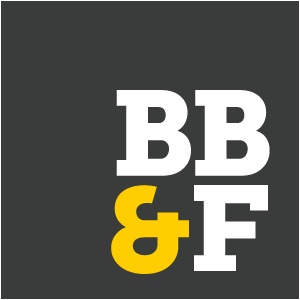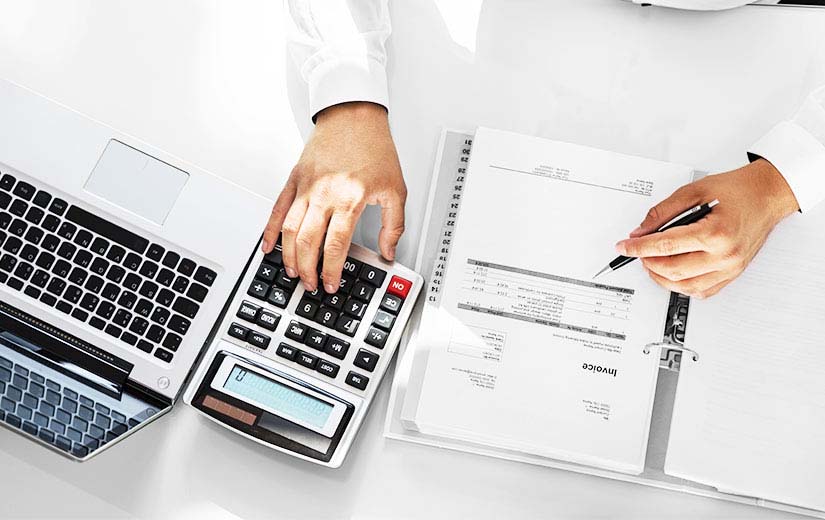Business Bankruptcy
Consumer Bankruptcy
Working For You
Certified Specialists
We will fight for your business, so you can get back to doing what you do best. BBF provides sophisticated and innovative representation to financially distressed individuals, farmers, and businesses, in seeking bankruptcy relief under Chapters 7, 11, and 12 of the Bankruptcy Code. The attorneys at BBF are Board Certified Specialists in Business Bankruptcy Law and have extensive experience advising clients in complex reorganizations and liquidations, as well as out-of-court restructurings across a wide range of industries, including agricultural, produce, retail, healthcare, telecommunication, construction, real estate, education, maritime, automotive, manufacturing, religious organizations, and financial services.
Consumer Bankruptcy
What does a consumer bankruptcy case look like?

Business Bankruptcy
What Does A Consumer Bankruptcy Case Look Like?
Business Bankruptcy
Creditor Representation
BBF also provides comprehensive representation to creditors in connection with liquidations and reorganizations filed by debtors under Chapters 7, 11, 12, and 13 of the Bankruptcy Code.




